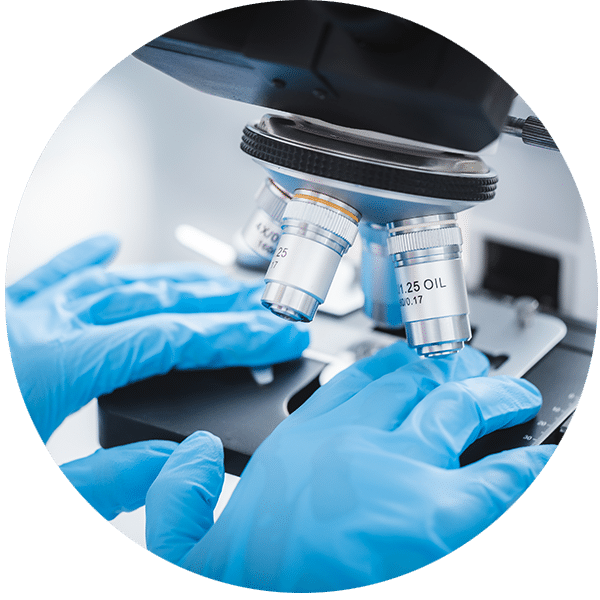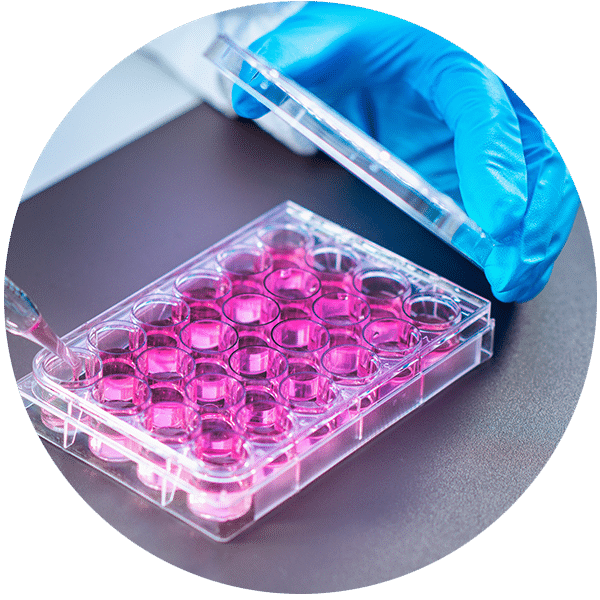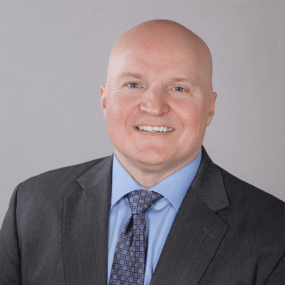
Clinical Genetics
Clinical Genetics provides diagnosis, treatment and care coordination for individuals or families with, or who are at risk of, conditions which may have a genetic basis. It involves the study of how genetic factors contribute to various medical conditions. These can include birth defects, inherited diseases, and other hereditary traits.
Clinical geneticists are medical professionals who specialize in this field. They work to:
- Diagnose genetic disorders. Clinical geneticists use various diagnostic tools, such as genetic testing and medical history analysis, to identify genetic conditions in patients.
- Provide genetic counseling. They offer information and guidance to individuals and families regarding the risks, implications, and management of genetic conditions. This includes discussing inheritance patterns, potential health outcomes, and available treatment options.
- Develop treatment and management plans. Clinical geneticists collaborate with other healthcare professionals to create personalized treatment and management strategies for individuals with genetic disorders.
- Conduct research. They contribute to the advancement of knowledge about genetic conditions by conducting research studies and clinical trials.
- Support reproductive decisions. Clinical geneticists play a role in assisting individuals and couples in making informed decisions about family planning and reproductive choices, especially when there is a risk of passing on a genetic disorder.
- Collaborate with other specialists. They work closely with other medical specialists, such as pediatricians, genetic counselors, and laboratory technicians, to provide comprehensive care to patients.
Furthermore, Clinical Genetics plays a crucial role in improving the understanding, diagnosis, and management of genetic conditions, ultimately contributing to better patient outcomes and quality of life for individuals and families affected by these conditions.
CONDITIONS THAT CAN BE TREATED:
Chromosomal Disorders, Single-Gene Disorders, Metabolic Disorders, Neurogenetic Disorders, Congenital Anomalies, Hereditary Cancer Syndromes, Connective Tissue Disorders, Inherited Metabolic Disorders, Inherited Heart Conditions, Inherited Blood Disorders,,Hereditary Neuromuscular Disorders, and Mitochondrial Disorders.
Finally, it’s important to note that this is not an exhaustive list. Clinical geneticists may encounter and provide care for a wide variety of genetic and inherited conditions. Their role involves diagnosing and managing these conditions. Moreover, they also provide counseling and support to individuals and families dealing with genetic health concerns.
OUR PROVIDER:

WHEN SHOULD I VISIT A CLINICAL GENETIST?
If you want to be evaluated to find out if you are at risk for or have a genetic medical condition, we are happy to see you.

WHAT FEATURES OF YOUR PERSONAL OR FAMILY HISTORY ARE REASONS TO SEE A CLINICAL GENETICIST?
Personal History
• Early age onset aortic aneurysm, with family history of aneurysm.
• Signs of connective tissue disorder, such as joint hypermobility, skin hyperextensibility, spontaneous pneumothorax, or bilateral hip dysplasia.
• Low alkaline phosphatase and joint pain.
• Cardiomyopathy
• A child with an inherited disorder, birth defect, chromosomal disorder, or intellectual disability.
• Undiagnosed condition, especially with family history of same.
Family History
• One or more members with mental retardation, developmental disability, an inherited disorder, or a birth defect.
• One or more members with early deaths due to unknown medical conditions.
• One or more members with conditions with onset in early adulthood such as cardiovascular disease, dementia, or cancer.
• Couples who would like testing or more information about genetic conditions that occur with higher frequency in their ethnic group.
WHAT OTHER CONCERNS MIGHT BE A REASON FOR A CLINICAL GENETICS VISIT?
Delayed Growth and Development
• Those who have or are concerned that their child has developmental delays that may be due to an inherited disorder or birth defect.
• Parents whose infant has a genetic disease diagnosed by newborn screening.
• Reproductive Concerns
• Women who have experienced two or more pregnancy losses (miscarriages), a stillbirth, or babies who died in infancy.
• Couples who are first cousins or other close blood relatives.
• Pregnant women whose ultrasound examinations or blood testing indicate that their pregnancy may be at increased risk for certain complications or birth defects.
Other Concerns
• Pharmacogenomic consultation
• A person received results from direct-to-consumer genetic testing and they want to discuss the implications of the results.
• Abnormal test results that suggest a genetic or chromosomal condition.


CONDITIONS THAT MAY BE REFERRED TO CLINICAL GENETICS
BONE AND CONNECTIVE TISSUE DISORDERS:
· Osteoporosis · Osteomalacia · Rickets · Metabolic bone diseases (e.g. hypophosphatasia) · Osteogenesis imperfecta · Ehlers-Danlos Syndrome (EDS) and heritable defects of collagen
CARDIOVASCULAR DISORDERS:
· Marfan syndrome · Loeys-Dietz syndrome · Vascular EDS · Bicuspid aortic valve · Thoracic aortic aneurysms · Cardiomyopathy · Long QT syndrome · Williams syndrome
RENAL:
· Cystic diseases of kidney · Alport syndrome
NEUROLOGIC:
· Peripheral Nerve Disorders (e.g. Charcot Marie Tooth Disease) · Movement Disorders · Hereditary Spastic Paraplegia · Dystrophinopathies and muscle disorders · Myotonic Dystrophy · Epilepsy · Spinocerebellar ataxia, Wilson’s disease
METABOLIC:
· Defects of mitochondrial function · Degenerative neurologic conditions · Gaucher’s Disease · Glycogen Storage Disease · Lysosomal Storage Disorders (i.e. Fabry Disease)
PREDICTIVE GENETICS:
· Amyotrophic Lateral Sclerosis (ALS) · Frontotemporal dementia · Cerebral autosomal dominant arteriopathy with subcortical infarcts and leukoencephalopathy (CADASIL) · Huntington’s disease · Alzheimer disease · Hereditary Prion disease

Our Providers
Schedule an
Appointment
Tanner Clinic makes it easy to schedule an appointment
You can live chat with an appointment representative, call us over-the-phone for appointment booking, or click below to discover which option is the most convenient for you!





